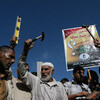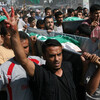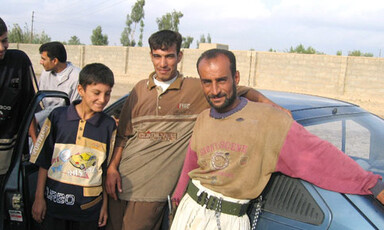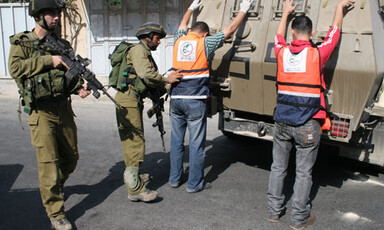
Campaign: End the siege on Gaza
10 November 2007
On 25 October, a Palestinian patient died at Erez crossing while awaiting being allowed to cross to an Israeli hospital. A week ago, a woman died in Gaza hospital with her newly born baby, while awaiting a permit to be transferred to Israel for medical treatment. These are not the first victims, and will certainly not be the last should the current situation continue to prevail. A statement from a new Palestinian campaign called, “End the Siege,” calls for Palestinians and internationals to take action against Israel’s blockade of the Gaza Strip. Read more about Campaign: End the siege on Gaza








